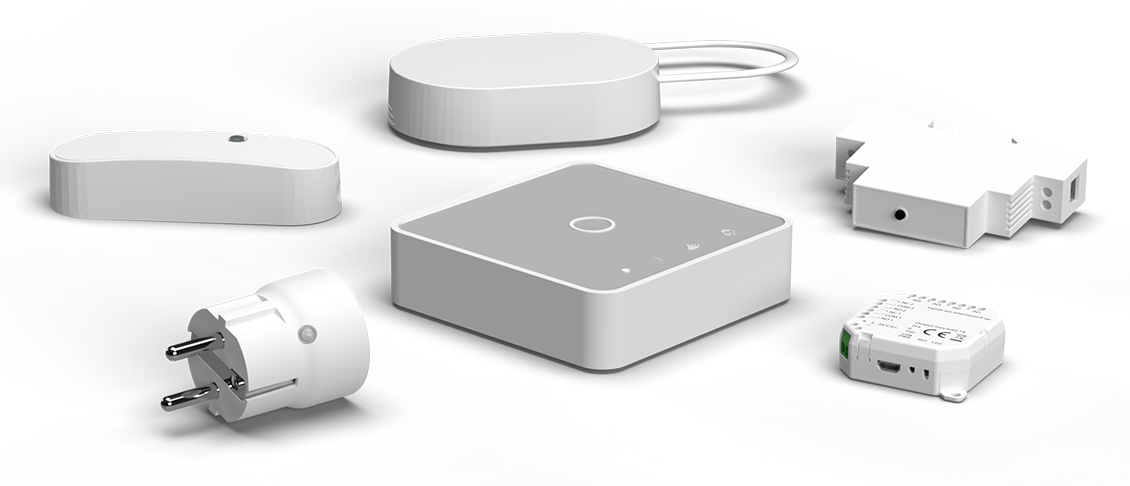Make real-time data available and reduce energy consumption
In its essence, energy management is about monitoring, controlling, and conserving energy. In smart energy systems, IoT technology makes it possible to do accurate, real-time consumption monitoring of buildings as well as make the data available to the users. IoT technology also enables remote control of electrical appliances within smart energy systems.
In addition to reducing the environmental footprint of households and corporate buildings, smart energy systems reduce operating costs substantially.
Benefits of smart energy
Energy management is becoming increasingly important. Today, energy costs have become a central factor in domestic budgeting, wherefore home power usage monitoring is important to most modern households.
Develco Products’ meter interfaces provide third-party meters with wireless communication capabilities and are the ideal choice for implementation into your smart energy solution.
Cheap eco-sustainable energy usage
Many businesses face several challenges in their day-to-day energy consumption monitoring due to their massive scale and diverse infrastructure, low degree of flexibility, and a general lack of readings or actionable insights regarding their energy consumption.
However, smart energy systems are an ideal solution for companies seeking to optimize their energy consumption in order to reduce operating costs, without sacrificing their eco-sustainability goals. Integrating an energy management system may also assist companies in reaching emission targets and combating rises in energy prices.
Get insight into the Zigbee Smart Energy Protocol for monitoring
Monitor and control energy consumption with IoT devices
Develco Products product portfolio contains a range of smart energy devices, including meter interfaces, smart relays, and smart plugs. As the heart of a smart energy system, the Squid.link gateways developed by Develco Products offer a high level of security and reliability in transferring the data within the system.
The meter interfaces integrate wireless communication into meters, allowing monitoring and analysis of household energy consumption. The knowledge of consumption patterns disclosed by the meter interfaces can be used to reduce energy costs, by moving consumption to low-demand periods. In practice, this can be achieved by having connected electrical devices run during periods where power is cheaper due to low demand.
The smart relays enable remote on and off switching of clusters, groups of appliances, or individual elements. In addition, they feature metering functionality, allowing the user to closely monitor the energy consumption.

Integration of renewable energy sources (RES)
Energy providers experience an increased demand for efficient energy monitoring and control. Today, power is increasingly being generated from renewable energy sources, like wind, hydro, and solar.
Since the supply of energy from these sources is dependent upon weather conditions, it complicates the reliability of supply. This has resulted in the introduction of automatic, remote power consumption monitoring, which allows energy suppliers to implement a pricing system where the cost of renewable energy follows the available supply. In doing so, energy suppliers hope to increasingly affect consumer power usage patterns, moving demand to time intervals with lower demand.
Remote monitoring of photovoltaics
Energy management systems provide your customers with the ability to manage their energy consumption as effectively and cheaply as possible.
The Prosumer Meter from Develco Products is ideal for monitoring solar cell energy generation and consumption. The meter allows active prosumers to get a live feed of how much power is produced from their photovoltaic panels and compare it to the total consumption of the household as well as to grid activity (conventional meter functionality).







